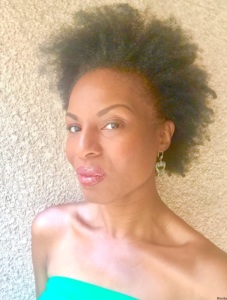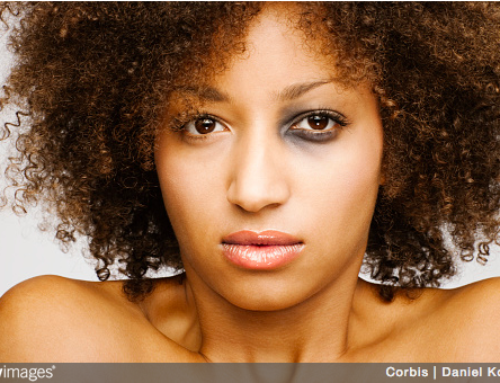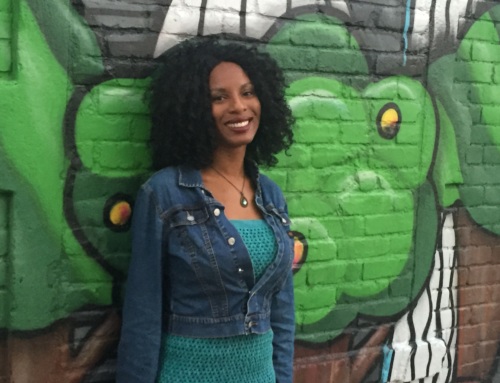The “roots”are not the problem
What is this obsession surrounding black women’s hair?
 I am getting so fed up with the “Black Hair” issue. Who really benefits from these incessant black hair debates?
I am getting so fed up with the “Black Hair” issue. Who really benefits from these incessant black hair debates?
There are bans across America in schools, places of employment, and institutions, that state that an African, Pan-African, or “Black” woman cannot wear her hair the way she chooses to. Black women are punished for their natural hair, for wearing braids, weaves, and wigs, and not just by her non-African counterparts, but also by her peers who also happen to be women of color.
I have watched several documentaries about the systemic issues that arise from the styles women of color chose to wear, and what I discovered was that African hair, black women’s hair, etc., is big business.
Who benefits?
Hair and beauty products are a multi-trillion dollar industry and its number one clients are women of color and women of African descent. By creating these systemic and “rooted” issues surrounding our hair the corporate beauty industry makes mad money, and in the process, they simultaneously raise the question as to whether African Women’s civil liberties stem from the roots in her head.
Black women’s hair does not change her “blackness,” yet if a woman of color perms, weaves or wears a wig, then her Black peers will frame her as a “sell out,” or “not black enough,” as if non-Blacks would for one second believe that one is “not black enough” because of a weave or wig. That is Ridiculous! Yet still, the struggle continues and African, Pan-African, and Black women are once again challenged about their roots, even by their own people.
Who benefits?
Some of the documentaries also alluded to the idea that by raising issues around black women’s hair they would be able to identify and control how black women felt about themselves. Oppressive forces and people within society could more easily identify the ones who were compliant or disobedient black women. Really? All that is implied in friggin hair?
Who benefits?
The message perpetuated to black women by non-blacks is that women who have straight, softer, or more “manageable” hair are prettier, easy going, and passive. Whereas, black women who wear braids, curly kinky, or natural hairstyles are considered angry, militant and less attractive. Therefore the message perpetuated becomes everything that is natural for African women becomes “dark,” “ugly,” and even “dangerous.”
So again, who benefits?
There are so many articles, online forums, and arguments over black women’s hair. For so many years our hair has been tied to our education, employment, and housing. When will it end? It is not as though a black woman’s hair makes her more or less black. So what is all the drama about and who is it for?
No one cares what a non-black woman chooses to do with her hair. White women, for instance, do not call out other white women for “not being white enough” if she chooses to wear braids. If she is called out, it is highly unlikely that she is discriminated against in her school, employment and housing needs.
So, who benefits and what can we do about all this madness surrounding black women’s hair?
Perhaps the solution is to start redefining our own thoughts on what being Black is. Then, we can build and create organizations, communities, and infrastructures that do not judge our blackness. If our black hair, black skin, and black bodies are issues, then let’s create schools, jobs, communities, organizations and infrastructures where being black and beautiful is not an issue.
Sound challenging?
Most assuredly it is. Yet, no more challenging than it is to try to fit into a systemic racist system that continues to create economic gains from the oppression of our roots!
At the minimum, we can start with us as sisters in the same situation. Can we stop judging what is going on with our sisters’ hair? Instead, show her some compassion and love. We are all in this beautiful struggle together as beautiful black women. It is time to lift each other up, not tear each other down. This division is making some people rich. We have got to get back to our true roots.
This article was original published on Blavity, republished with the author, Collette Gee’s permission.



